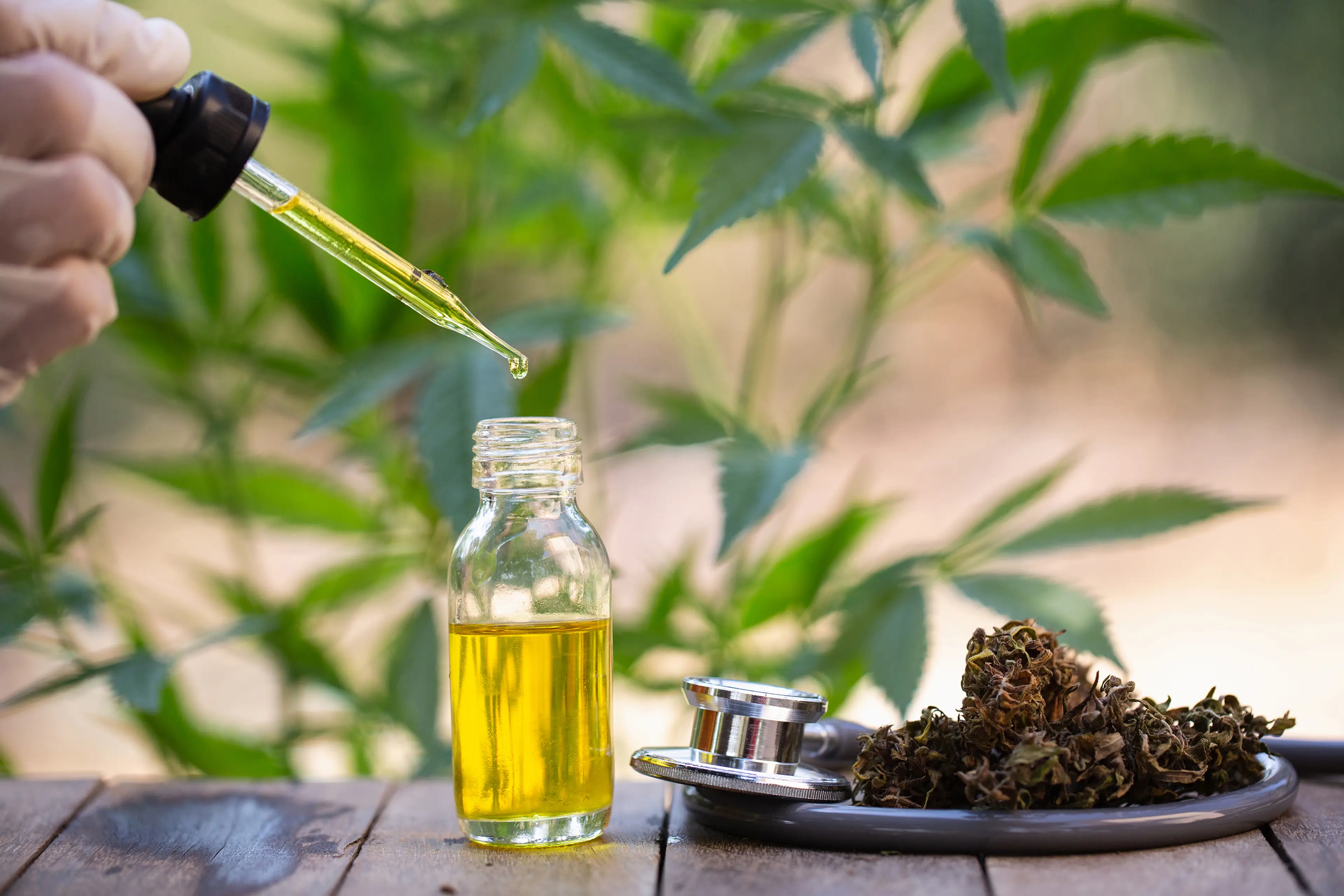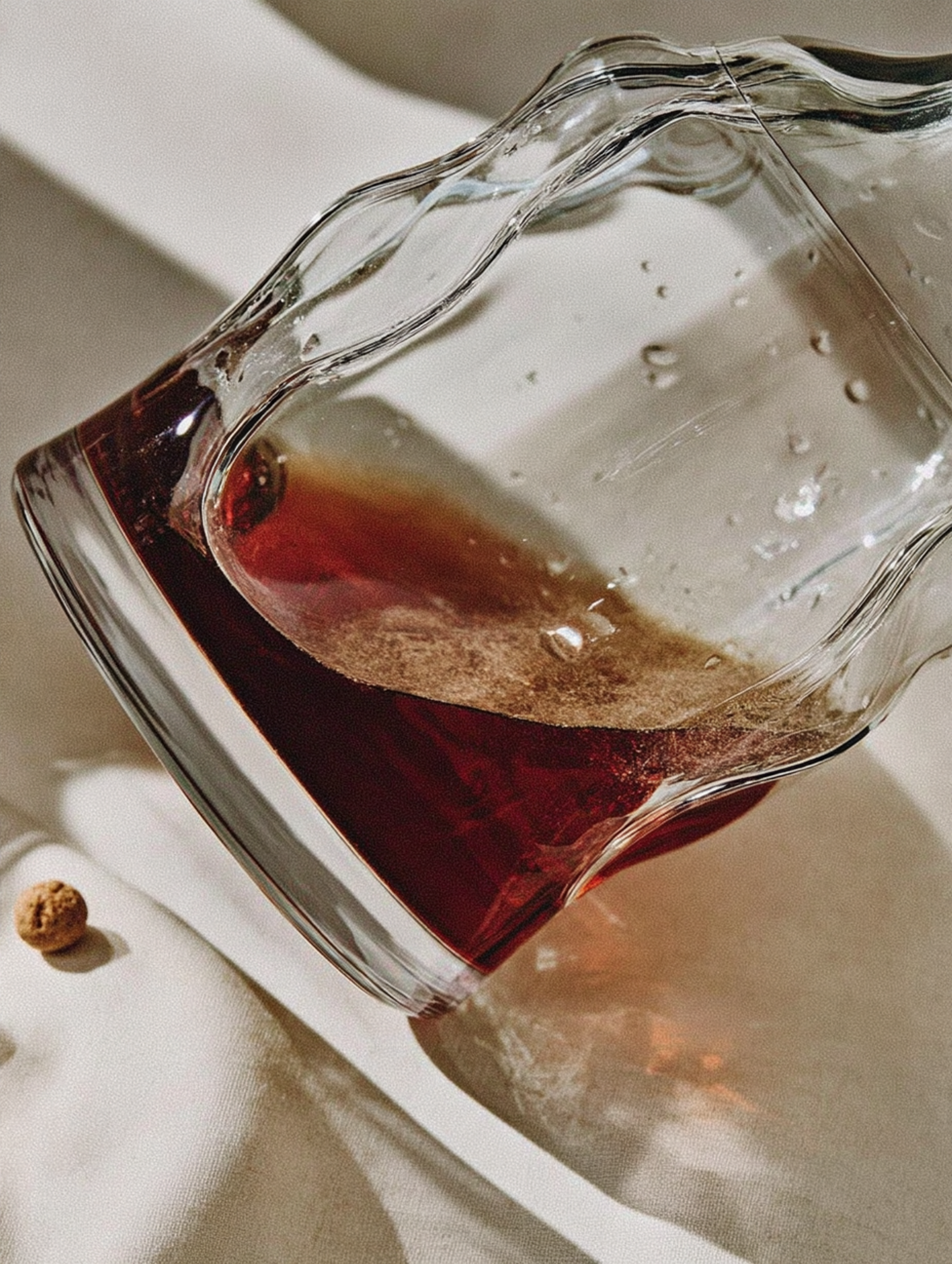
Health & Wellness
1 May 2019
5 Min Read
CBD Oil: The Miracle Elixir Shaking up the Wellness Industry
CBD Oil: The Miracle Elixir Shaking up the Wellness Industry
Health & Wellness

Retail & Luxury Goods
4 Sept 2025
9 min read

News
5 May 2025
3 min read

News
17 May 2024
2 min read

Health & Wellness
1 May 2019
5 Min Read
CBD Oil: The Miracle Elixir Shaking up the Wellness Industry
Health & Wellness